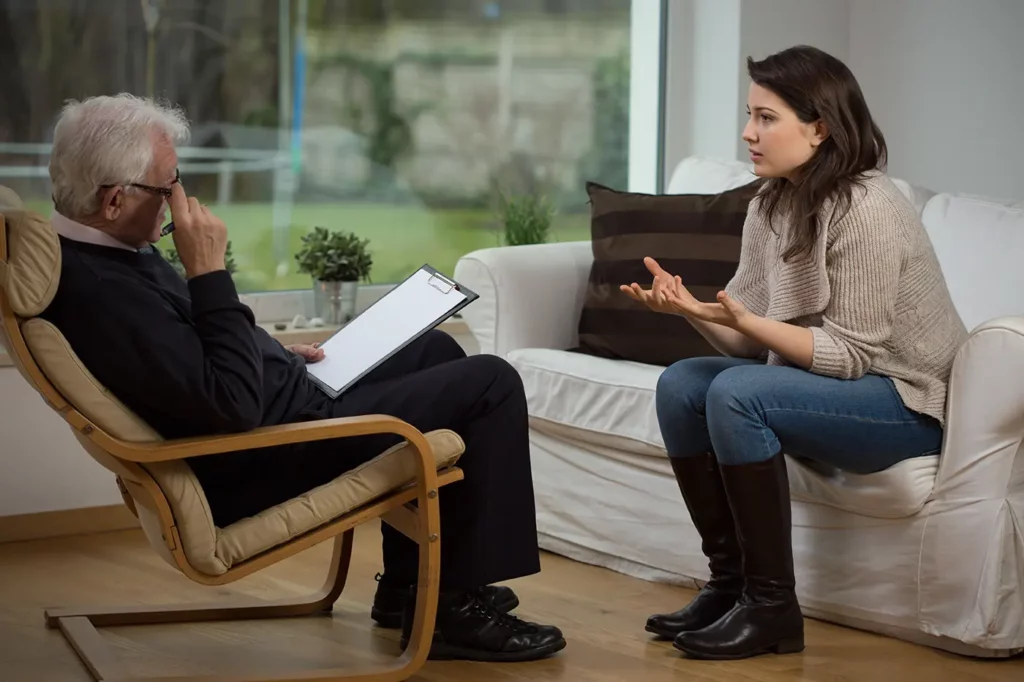24/7 Helpline:
(866) 899-221924/7 Helpline:
(866) 899-2219
Learn more about PTSD Treatment centers in Flowery Branch
PTSD Treatment in Other Cities

Other Insurance Options

MHNNet Behavioral Health

Coventry Health Care

United Health Care

Magellan Health

Cigna

Excellus

Humana

State Farm

Health Choice

Holman Group

Horizon Healthcare Service

Private insurance

Aetna

Self-pay options

CareSource

Optum

Covered California

Oxford

MVP Healthcare

Carleon







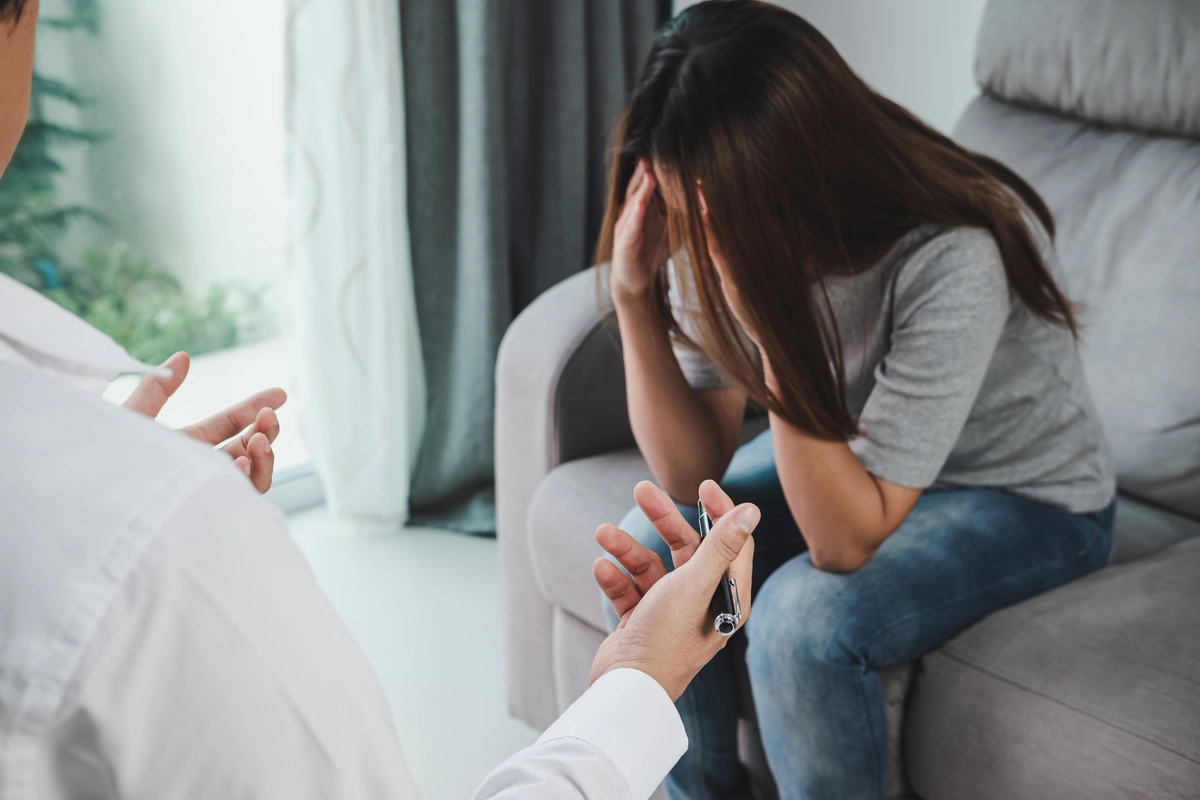
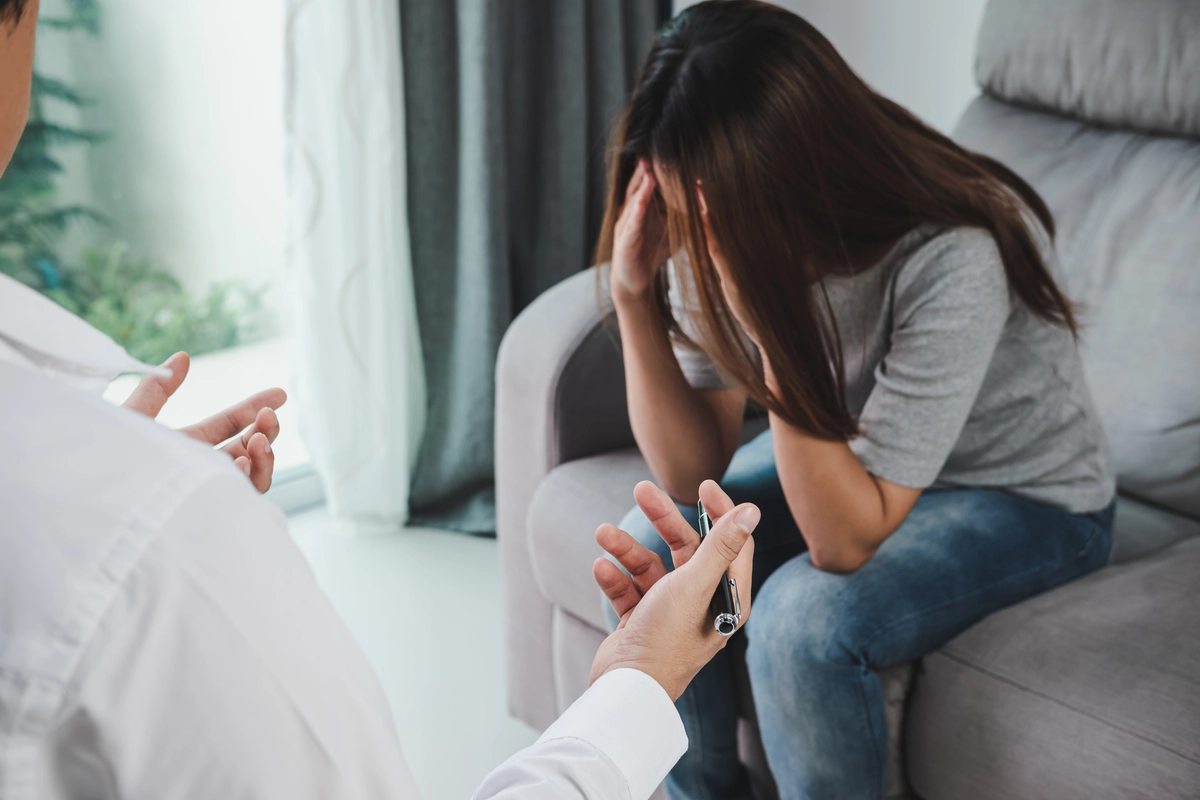


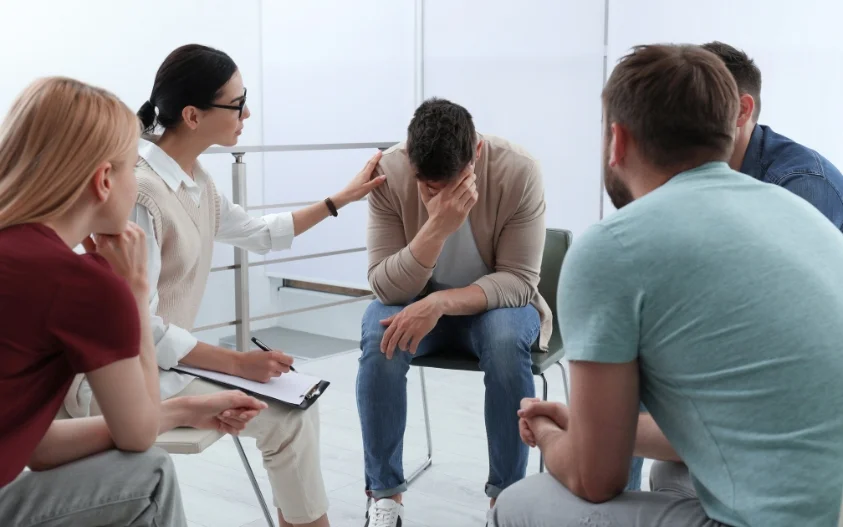

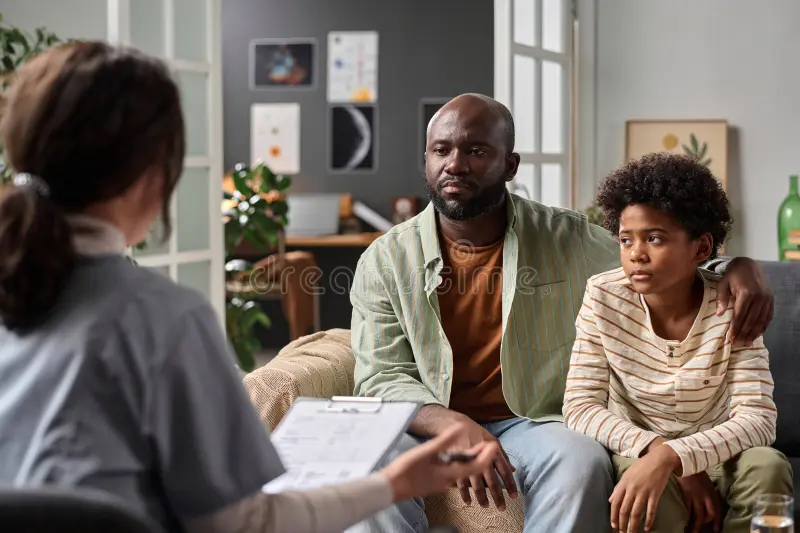

Faith Based Addiction Recovery
Faith Based Addiction Recovery is a private rehab located in Flowery Branch, Georgia. Faith Based Ad...



